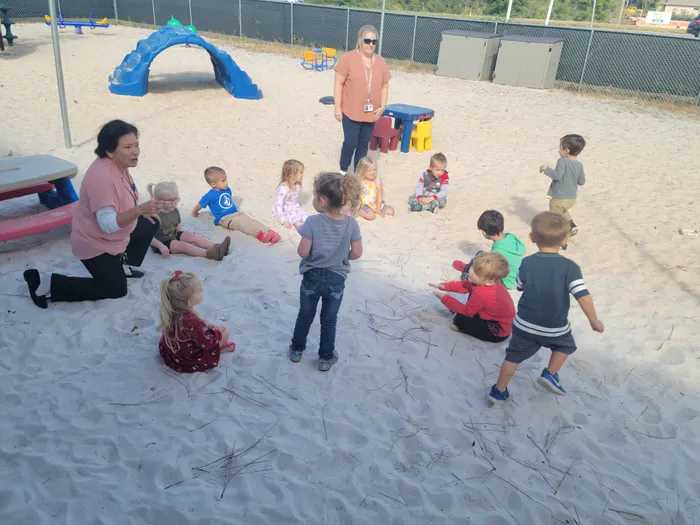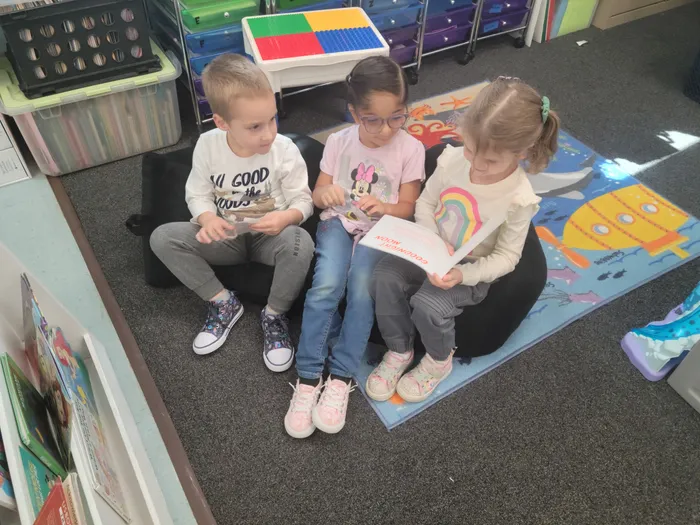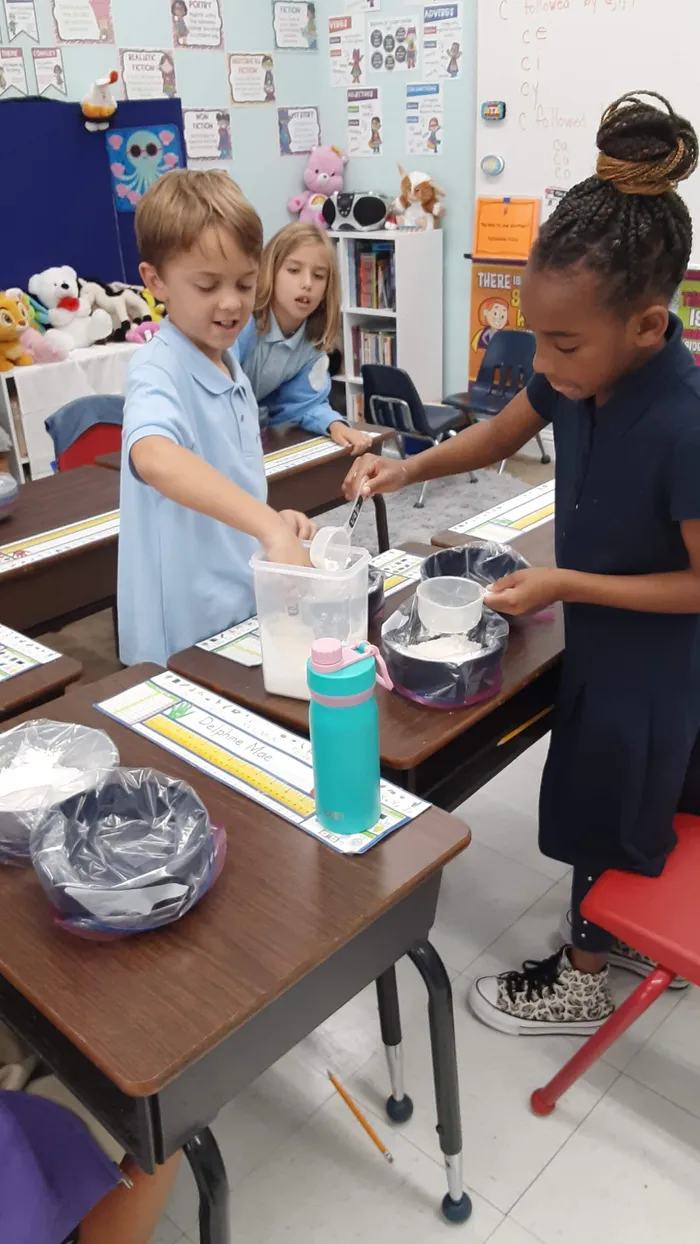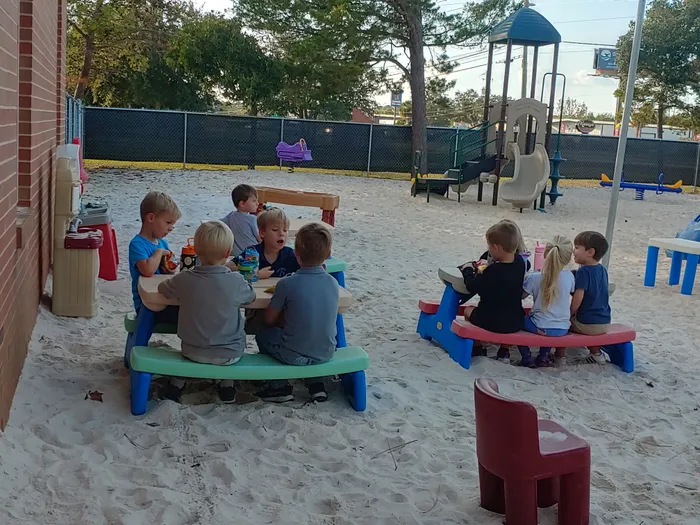
Pre-K education refers to early childhood education programs designed for children three years old by September 1. Children must be potty trained before school starts. These programs are often provided by public and private schools, community centers, and childcare facilities. The goal of pre-K education is to promote cognitive, social, emotional, and physical development in young children by providing a structured and stimulating learning environment. Pre-K curriculum typically includes activities that encourage language development, problem-solving skills, creativity, and social interaction. Teachers may use play-based learning techniques to help children explore and learn about the world around them. Pre-K education plays a vital role in preparing children for success in their later academic and personal lives.




